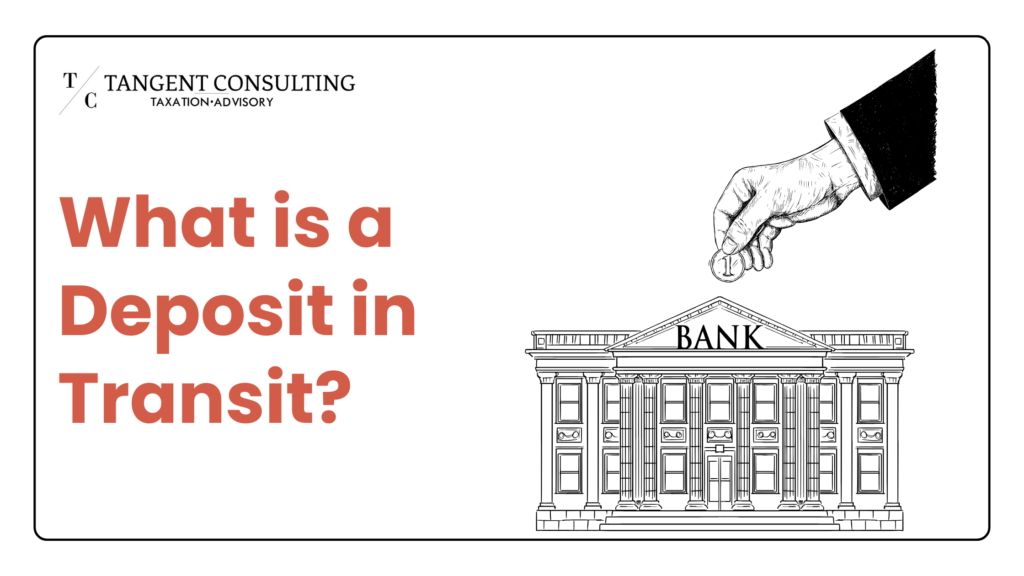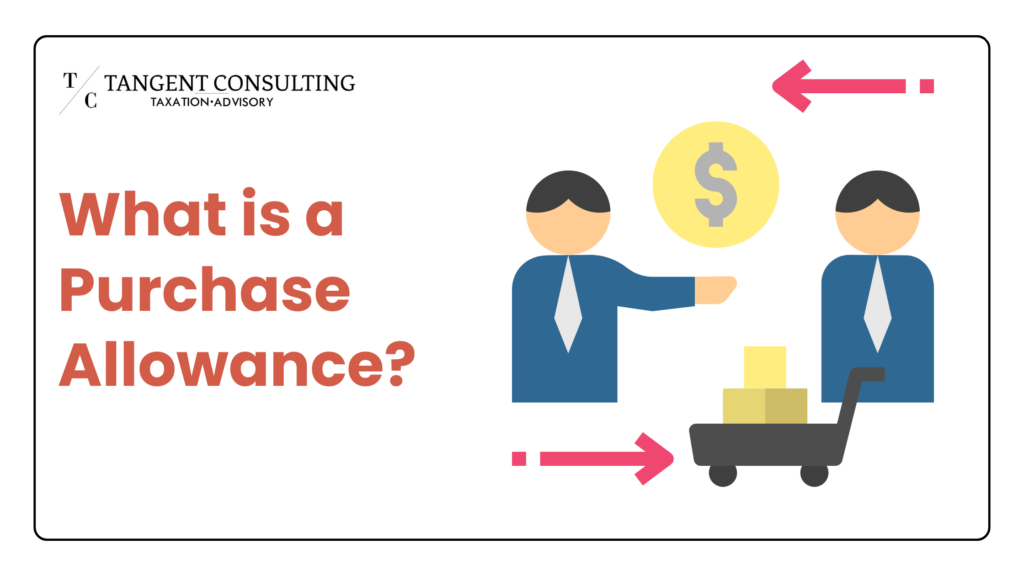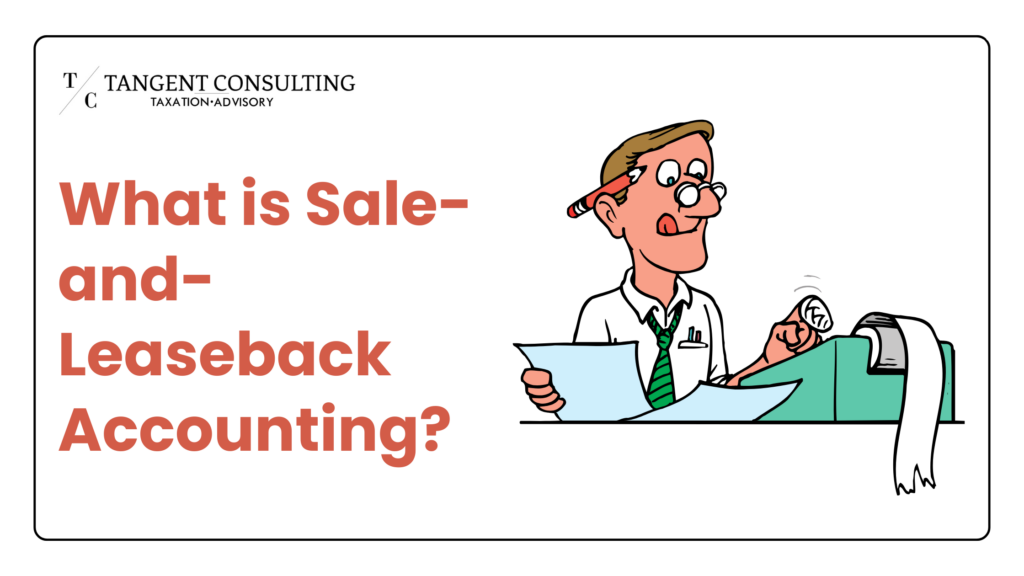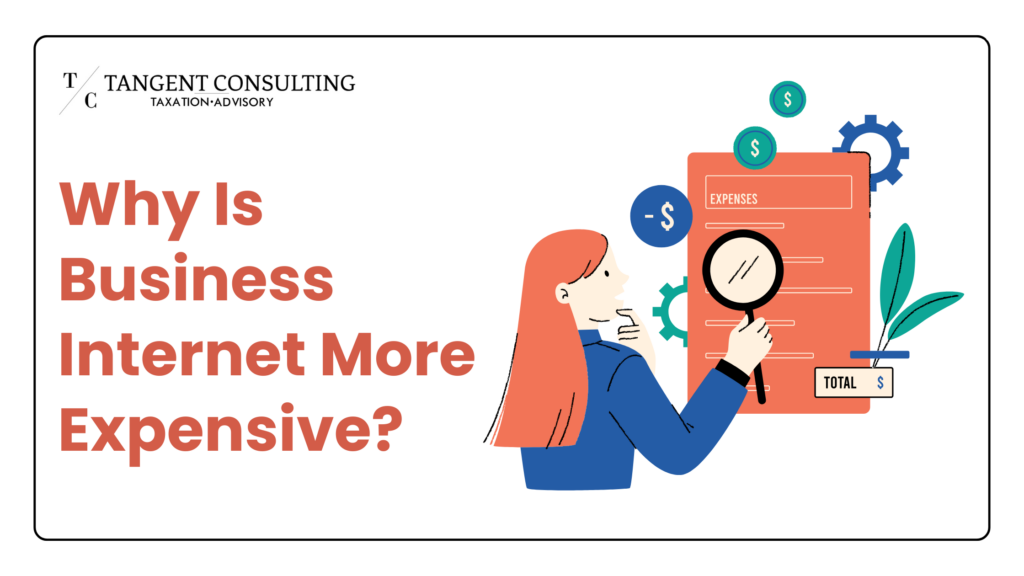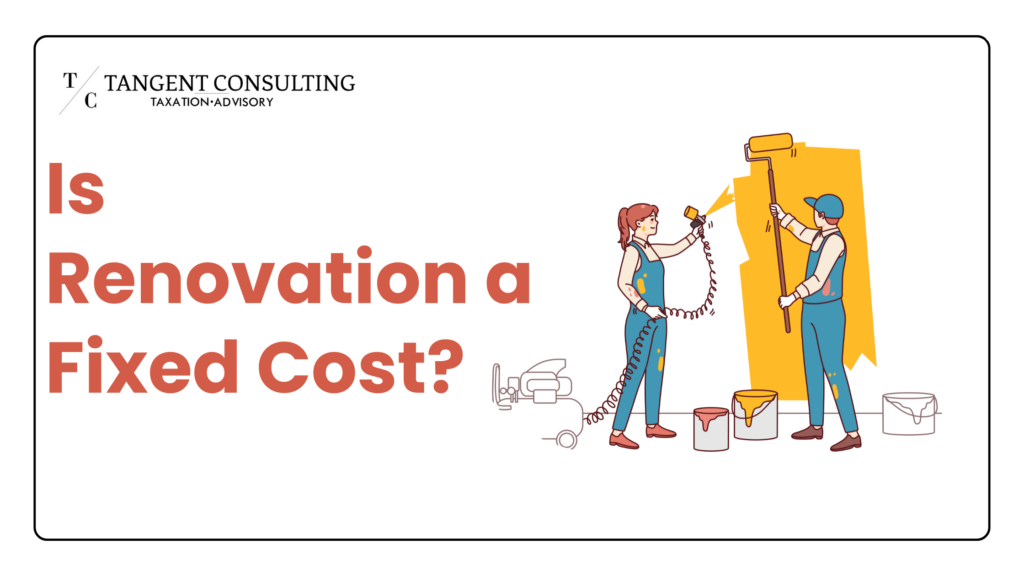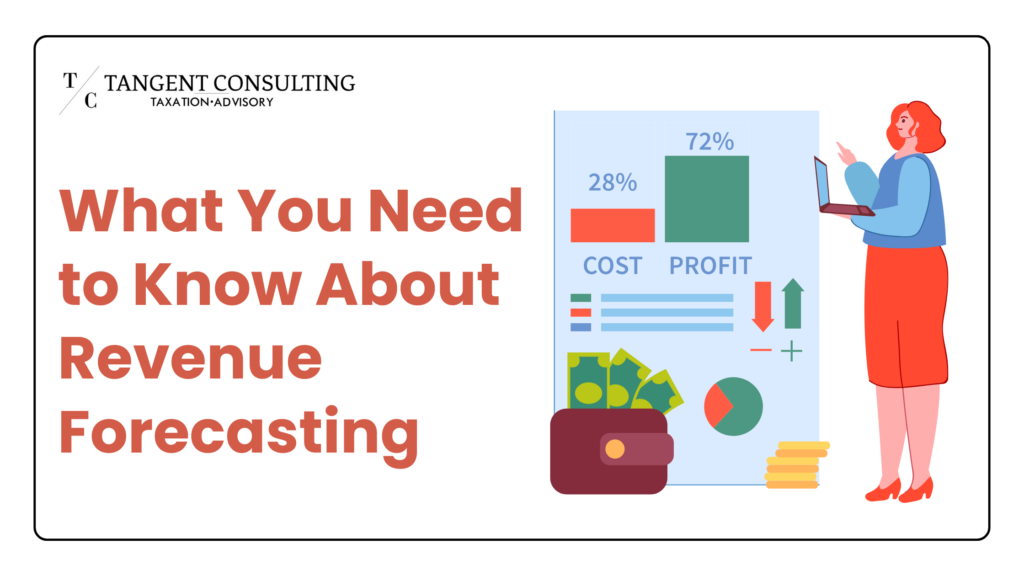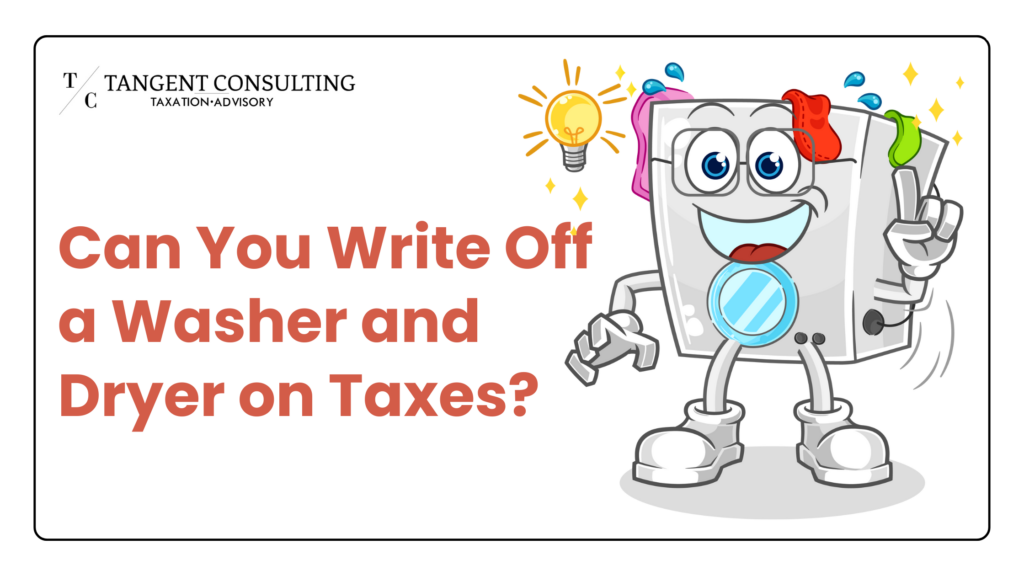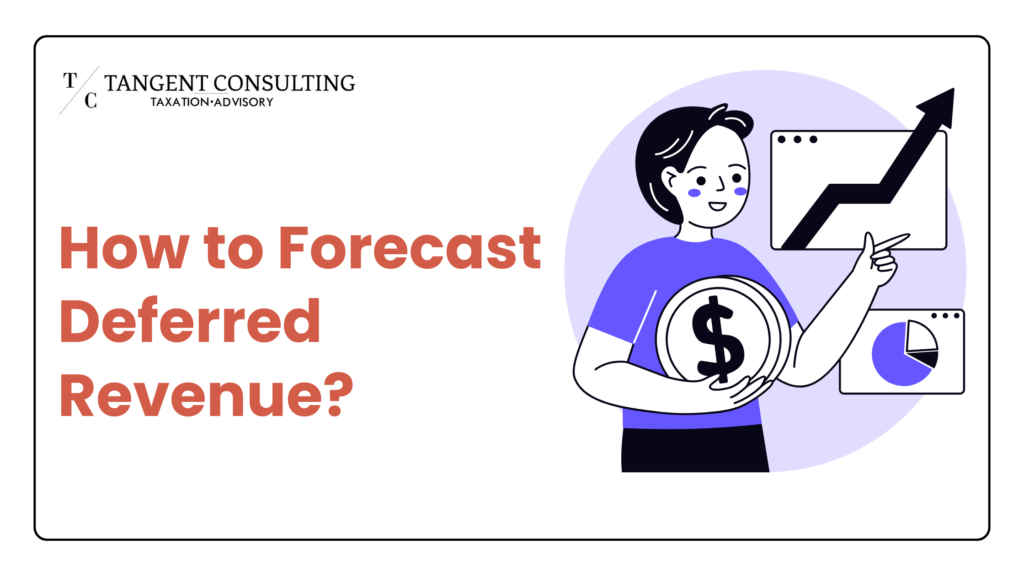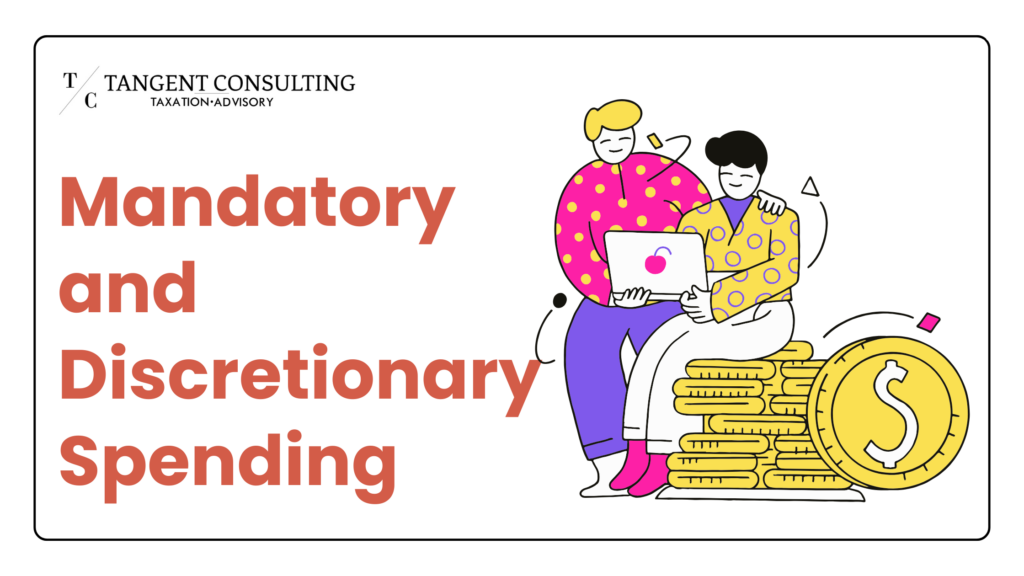What is a Deposit in Transit? A deposit in transit refers to a payment that has been recorded in a company’s accounting books but hasn’t yet cleared the bank. This usually happens when a business deposits cash or checks near the end of a financial period, and the bank processes them later. These deposits appear […]
What is a Purchase Allowance?
What is a Purchase Allowance? A purchase allowance is a price reduction that a seller grants to a buyer after a sale. This reduction generally happens due to minor defects, late delivery, or other issues with the product. Instead of returning the goods, the buyer keeps them at a discounted price, and the seller adjusts […]
What is Sale-and-Leaseback Accounting?
What is Sale-and-Leaseback Accounting? Sale-and-leaseback accounting refers to a financial transaction where a company sells an asset and then leases it back from the buyer. This allows the business to free up cash while using the assets. Under accounting rules, whether the transaction is recorded as a sale or a financing arrangement depends on lease […]
Why Is Business Internet More Expensive?
Why Is Business Internet More Expensive? Business internet costs more because it offers higher speeds, better reliability, and dedicated customer support than residential plans. It often includes Service Level Agreements (SLAs), ensuring guaranteed uptime and priority repairs. Businesses also require static IP addresses, better security, and symmetrical upload/download speeds, which adds to the cost. Pros of […]
Is Renovation a Fixed Cost?
Is Renovation a Fixed Cost? Renovations are generally considered a variable or one-time capital expense, not a fixed cost. Fixed costs are consistent expenses like rent or insurance that stay the same regardless of business activity. Renovation costs, on the other hand, vary based on the scope, materials, and labor involved, making them unpredictable. However, […]
What You Need to Know About Revenue Forecasting
What You Need to Know About Revenue Forecasting Revenue forecasting is the process of predicting future income based on past sales data, market trends, and business growth projections. It helps companies make informed financial decisions, plan budgets, and set realistic goals. Why Revenue Forecasting is Important? Revenue forecasting is a crucial element of business planning, […]
Can You Write Off a Washer and Dryer on Taxes?
Can You Write Off a Washer and Dryer on Taxes? Yes, you can write off the washer and dryer, but only in specific situations if you’re using it strictly for business, like in a rental property, a laundromat, or washing uniforms in a home-based business; you may qualify for a tax deduction. In addition, If […]
How to Forecast Deferred Revenue?
How to Forecast Deferred Revenue? Forecasting deferred revenue involves estimating future earnings from payments received in advance for services or products that have yet to be delivered. This involves analyzing past customer contract trends, subscription renewals, and service timelines. You also need to consider unexpected cancellations, upgrades, and contract completions to project when revenue will […]
Does Filing Bankruptcy on Your Business Affect Personal Credit?
Does Filing Bankruptcy on Your Business Affect Personal Credit? Business bankruptcy can affect personal credit if you are doing business as a sole proprietor or have personally guaranteed business debts. However, your credit isn’t affected if your business is a separate legal entity, like an LLC or corporation, and you haven’t provided personal guarantees. Let’s […]
What is the Difference Between Mandatory and Discretionary Spending?
What is the Difference Between Mandatory and Discretionary Spending? Mandatory spending refers to legally required expenses, such as Social Security, Medicare, and interest on the national debt. These are fixed obligations set by law. On the other hand, discretionary spending includes expenses that Congress decides through the annual budget process, such as education, defense, and […]

